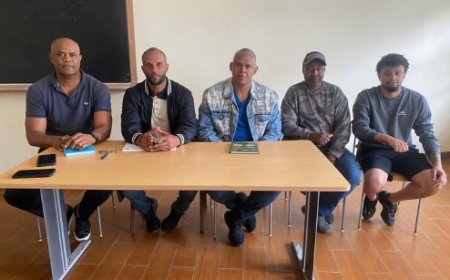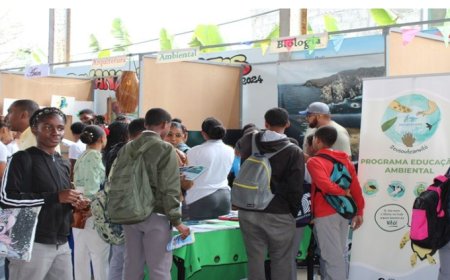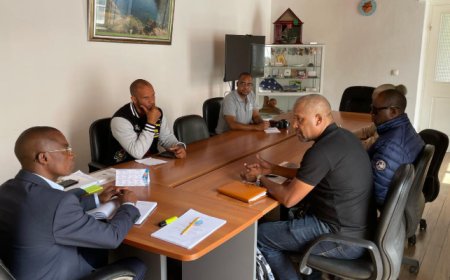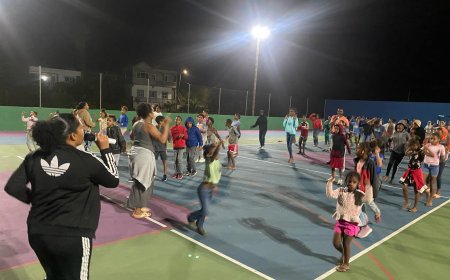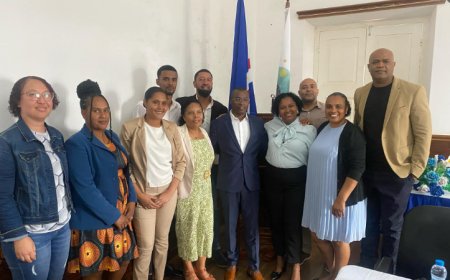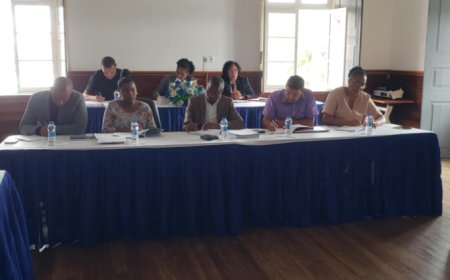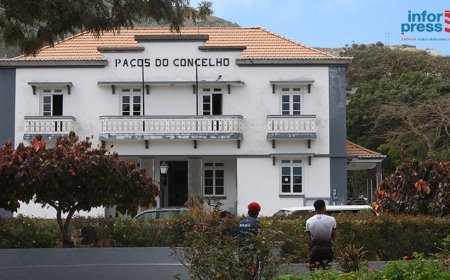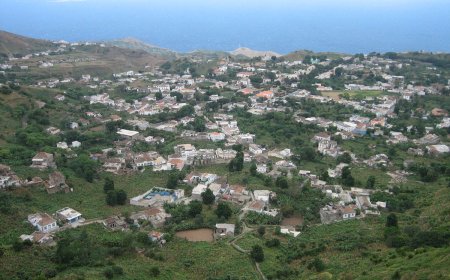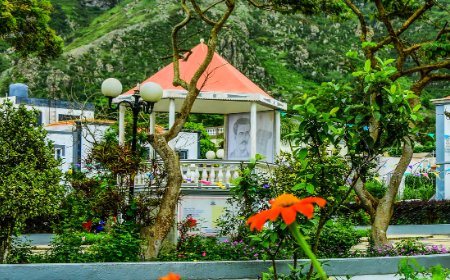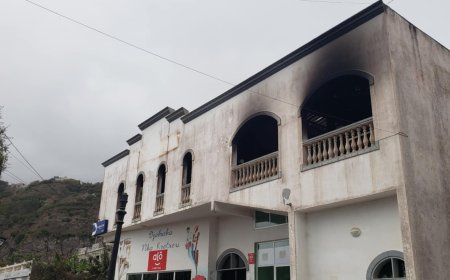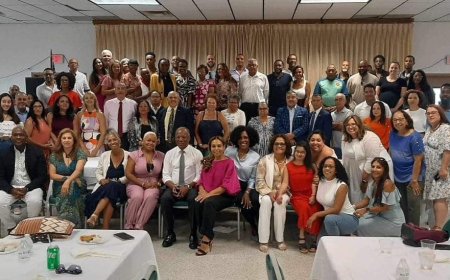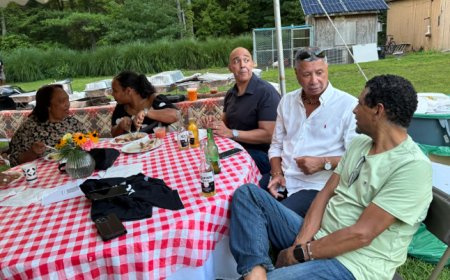Cape Verdean Museum in Pawtucket Celebrates the Success and History of a Resilient People
The Cape Verdean Museum in Pawtucket has been attracting more and more visitors by celebrating the culture, history and resilience of Cape Verdean immigrants. The space features historical exhibits, Kriolu classes and cultural events. In June, the exhibit on slavery and global connections opens.
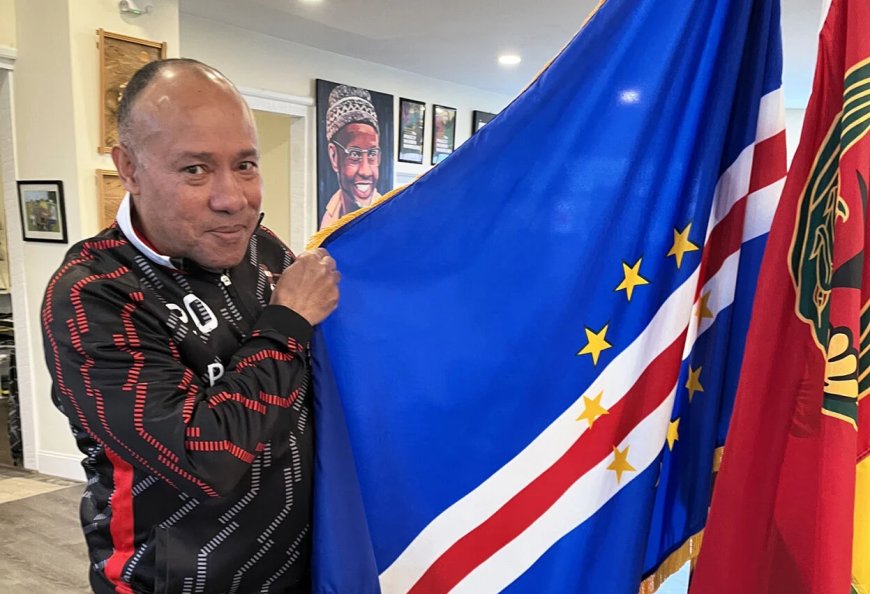
PAWTUCKET, RI - Three years after moving into the heart of the city, the Cape Verdean Museum has been thriving and consolidating itself as a central point of culture and memory for the community, according to volunteer Carlos Spinola.
The Cape Verdean Museum has been thriving and consolidating itself as a central point of culture and memory for the community, according to volunteer Carlos Spinola.
During a recent visit to the space, Spinola told The Breeze that students of all ages, both Cape Verdean and non-Cape Verdean, have been visiting the museum to learn about the culture, traditions and resilience of this vibrant people.
"I'm very proud to be Cape Verdean," said Spinola, highlighting as a favorite the collection of immigration documents, which includes travel records, declarations of American citizenship, belongings brought by immigrants and black and white photographs.
Spinola emphasizes that the museum is a tribute to the courage of the Cape Verdeans who immigrated in search of a better life, without ever forgetting their roots. "Cape Verde was a poor country with no resources. The only way out was to emigrate. This year we celebrate 50 years of independence from Portugal," he said.
The first Cape Verdeans arrived in the US at the end of the 19th century, many as fishermen, and later as workers from Africa. Historical events, such as the 1951 Cinderella Ball in Pawtucket, are also part of the city's rich community narrative. Founded in 2000 by Denise Oliveira, who passed away two years ago, the museum now occupies its own building at 617 Prospect St., with more space than the old headquarters in East Providence. It has two floors, the first dedicated to exhibitions and a research library, and the second with a conference room, classroom and auditorium for events. In addition to the permanent exhibitions on music, sports, artifacts from 500-year-old shipwrecks and historical photographs, the museum also offers Kriolu language classes and, from June 1 to July 4, the exhibition "History of Slavery in Cape Verde and the Global Connection", which promises to attract many visitors, will open.
Among the highlights of the collection is the outfit worn by Arthur Tavares, lead singer of the R& group;B Tavares, at the 1979 Grammy ceremony, when they won with the soundtrack album for "Saturday Night Fever".
Spinola ends with an invitation to the community: "This museum shows who we are and what we believe in. Everyone is welcome."






